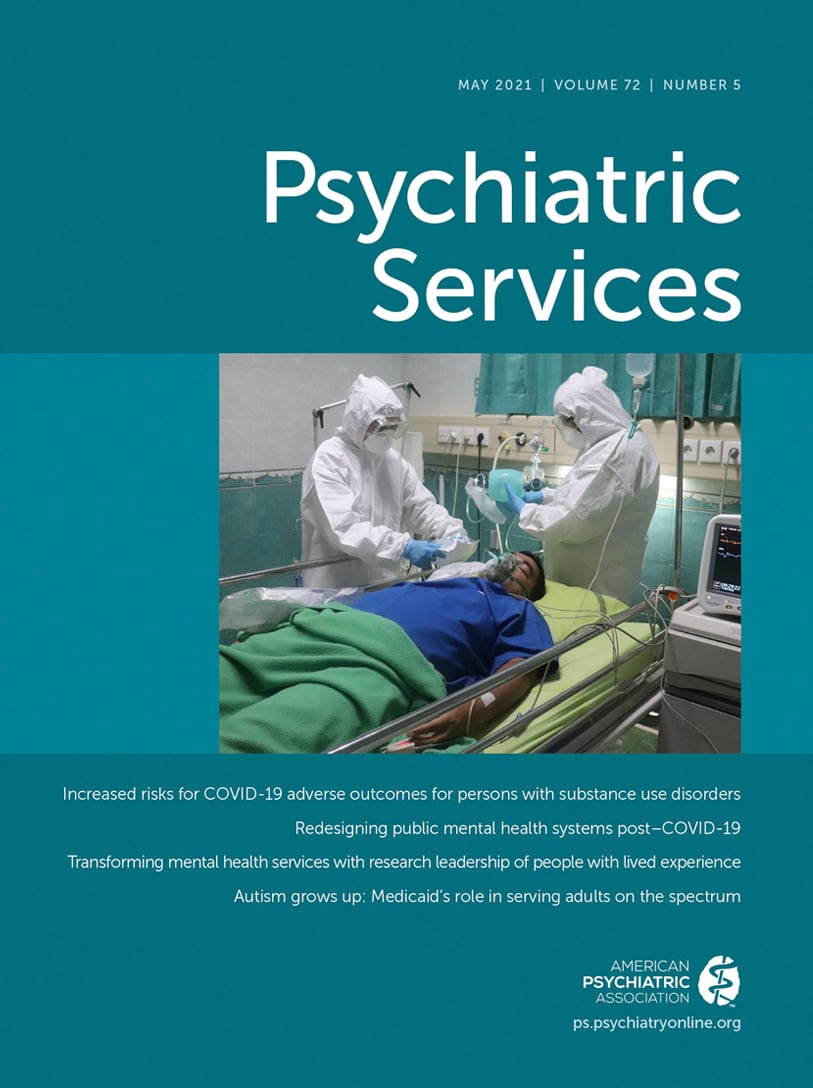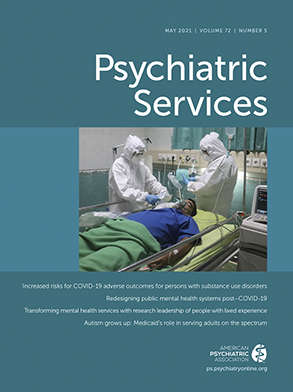IN REPLY: We thank Erickson et al. (
1) for taking the time to critically read our publication and for their thoughtful feedback. Their most important critique is the first. The authors cite personal anecdotes of laboratory abnormalities that were caught during the medical screening process, and they refer to a 1990 article from Bartsch et al., who studied a random sample of 175 patients with mental illness who were invited to a clinic for a comprehensive physical examination and lab tests. This is not an appropriate population for comparison with patients who present with acute mental health crises to an emergency department. Other articles lend support to screening labs. However, there are just as many that show low utility of detecting abnormalities that were not suspected based on past medical history, features from patient presentations, or physical examination (
2–
4). On the basis of these publications and recommendations from professional societies (
5,
6), we took the next step and determined in a real-world setting of 1,910 admitted patients that routine screening labs could be safely eliminated. We were able to show actual patient-centered outcomes, including improved emergency department throughput and no adverse outcomes while reducing cost. These outcomes were achieved not because our providers ceased ordering lab tests but because they provided the same standard of care that all emergency department patients receive. Providers appropriately evaluated patients and ordered lab tests, electrocardiograms (ECGs), and other tests based on these evaluations.
As Erickson et al. point out, acute hospitalizations can be an opportunity to provide “routine medical care” for patients. However, achieving this through the ordering of a battery of lab tests on every patient for every hospitalization cannot be promoted as a sensible use of limited and expensive resources. In regard to theoretical or actual risks of drug-to-drug interactions, if lab tests or ECGs are needed for particular patients, then these should be ordered on a case-by-case basis.
Our data were skewed in that there were large numbers of patients with no lab tests ordered and a number of patients with a very large number of lab tests ordered (usually as part of monitoring an initial lab abnormality). Skewed data are by definition not normally distributed, and in this setting, medians and interquartile ranges better represent data than do means and standard deviations.
We chose the title of the article because it accurately reflects our policy change and would likely grab attention. We certainly hope that any clinicians contemplating changing their own care of patients or a larger policy change would carefully read the article (beyond the title) and understand the importance that eliminating routine screening labs does not imply abandoning thorough patient evaluations and appropriate laboratory screening.

